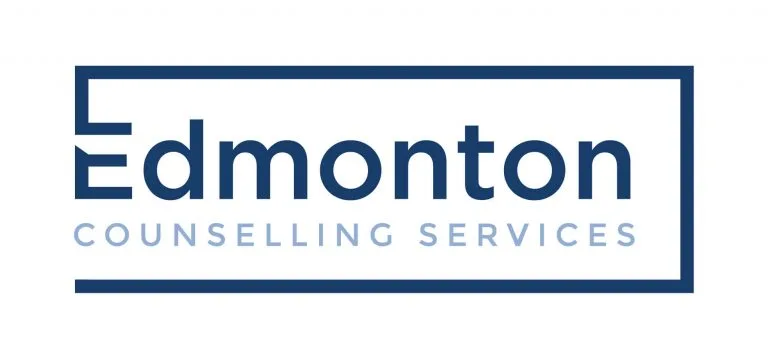Just like adults, kids and adolescents can benefit from therapy. Children and teenagers can experience various issues, from bullying, broken families, poverty, violence, unsuitable treatment, and other unpleasant life experiences, which can cause problems with emotional, physical, and mental health over time. Every child and teenager sometimes acts in a challenging or defiant manner.
However, others exhibit strange and challenging behavior that is not age-appropriate. Child and adolescent therapy are essential because it teaches kids how to manage their emotions and see the connection between their feelings and behaviors, giving them more control over their actions. Mental health counsellors strive to establish a setting where children and adolescents feel secure and shielded from potential dangers or imagined threats to their sense of control.
Your therapist will collaborate with you to identify the underlying reasons behind your child’s emotional or behavioral disturbances. Additionally, they may teach you how to communicate with your child in a way that promotes their long-term, healthy social and emotional development. Pediatric/adolescent therapy can:
- Increase in depression and self-control.
- Reduce anxiety and depression.
- Development of a healthy sense of self
- Increasing social competencies
How is child counselling different from adult counselling?
Child counselling differs significantly from adult counselling. In adult counselling or therapy, a person is expected to talk about their feelings. At the same time, the therapist listens and takes notes. Adult counselling can help you heal and learn more constructive ways to deal with the problems or issues within your life. Such things are not possible with child therapy, with the child getting bored about sitting still and talking about their feelings. Therapists should do child therapy in the language of play.
Children are more expressive about their feelings and grow much more when playing games with toys and engaging in activities through drawing and other art forms. In other words, the child will recover and grow more from their parent’s divorce or the death of their dog or family issues in general if they link up with a therapist and be able to express themselves by engaging in any play than talking about their feelings. By doing this, a therapist will get more feedback from the child instead of forcing them to sit still and ask questions.
How to know if a child needs counselling?
Here are some signs that shoes your kid needs counselling:
Behavioural changes
If you notice any sudden change in your child’s behaviour, like not wanting to eat or improper sleep, you must not ignore it. It might be related to sleeping or eating disorder. Instead, address it and get to the root cause of it. It’s also concerning if your child gets in trouble and acts out frequently.
Unusual anxiety and sadness
You may not know if your child is getting bullied or going through school stress, drama, or other stressful situations because children tend to keep things like this to themselves. But you can always find it out, as these things usually cause unusual anxiety, stress, loneliness, sadness, excessive crying, etc. look out for these warning signs and seek help.
Trying to isolate most times
Isolating from friends, peers, surroundings, and even parents is always a sign that something is wrong with your kid. If you cannot find the cause of their isolation, then dont hesitate to refer them to a counsellor.
Why is adolescent counselling important?
Adolescence is crucial for a person’s mental and emotional health and the development of their society. The brain will grow significantly during this period, creating neural networks and behavioural patterns that will last a lifetime. These behavioural and physical changes emphasise the importance of attending to a teen’s emotional, physical, and mental health needs because they are rife with concerns and uncertainty. Counselling can also provide them with a safe environment where they can process their thoughts while being treated with respect, dignity, and understanding.
Do adults also need counselling?
Concern for the individual’s mental health arises from the growing demands that society places on them, from work to family responsibilities and child care. Through self-awareness and reflection, adult counselling aims to change the client’s personality. Adults frequently expect many of themselves and work hard to fulfil their goals or validate their value. Adults can break free from these unhelpful behavioural patterns they fall into through counselling and therapy. Counsellors work to comprehend the factors that set off a client’s problems and what traits help to keep them going.
Does health insurance cover counselling and therapy in Edmonton, Alberta?
Do your research to see what kind of coverage you have through a corporate plan to see if your employer’s healthcare plan would pay for your therapy. Some people decide not to use it even when the answer is yes. It may be because insurance companies only cover necessary medical services, and you need a recognized diagnosis to reach that status. It’s a personal choice, but some people need help putting this in writing. You can directly call your insurance provider if you need any information and ask specific queries and doubts about the types of therapy and counselling coverage your plan offers.
Conclusion
The above information discusses the benefits and importance of counselling for children, adolescents, and adults. It also highlights the signs that show a child needs counselling and if the insurance covers the cost of counselling. Stay updated for more details. Edmonton Counselling Services provides Counselling for Children and Adolescents in Edmonton, and you can book an online appointment with an experienced therapist.


